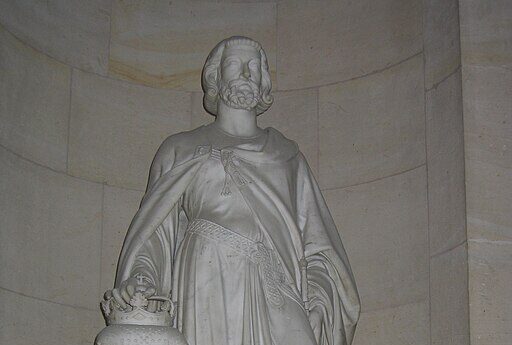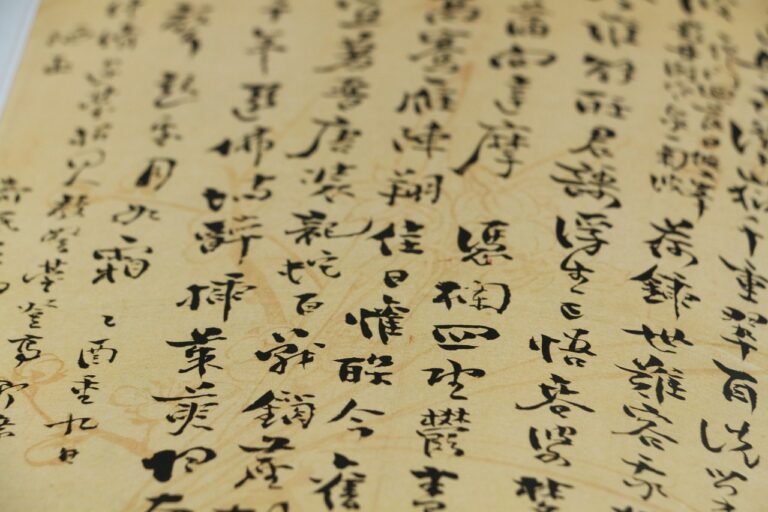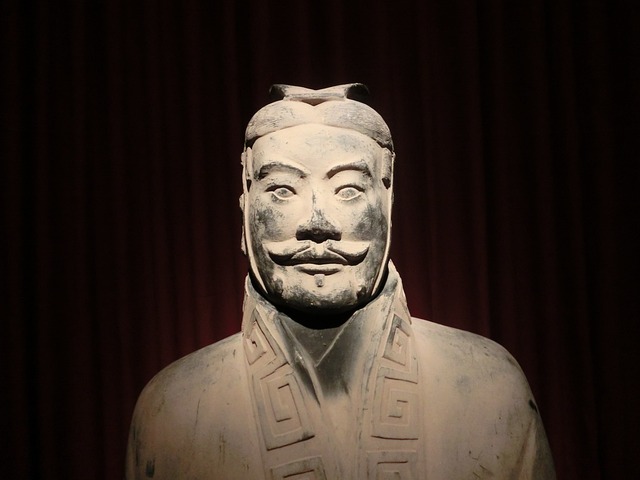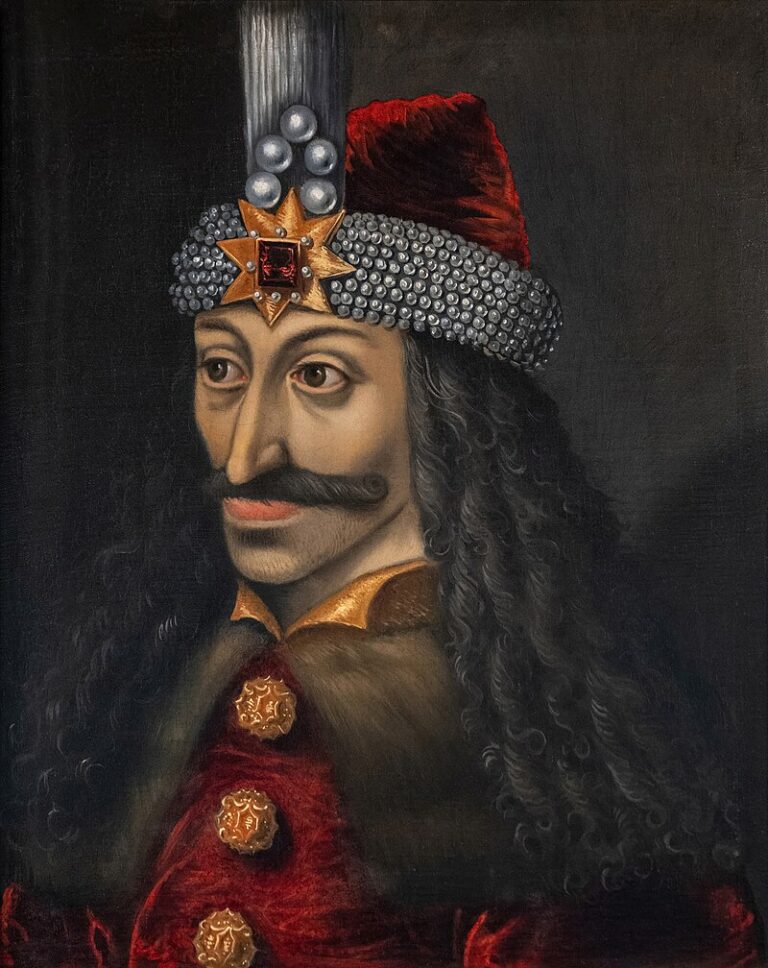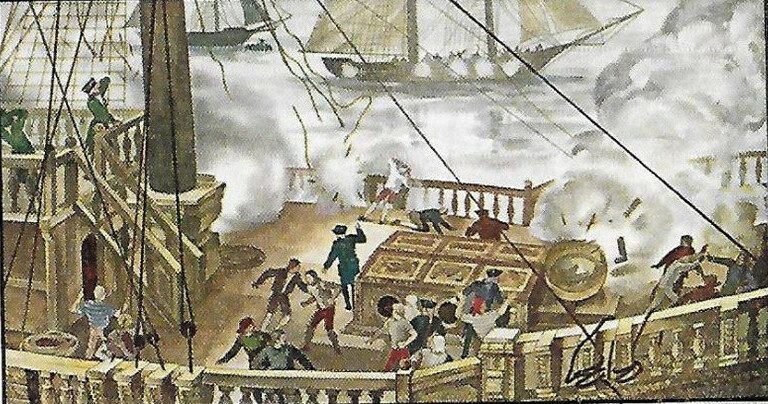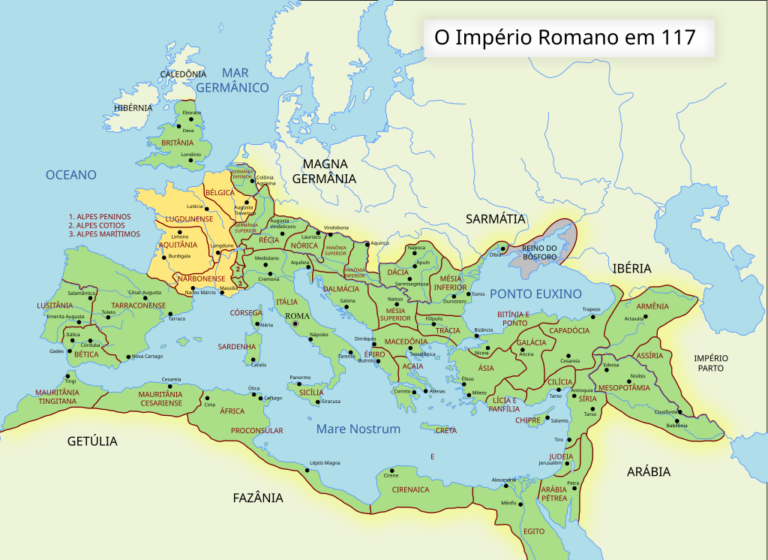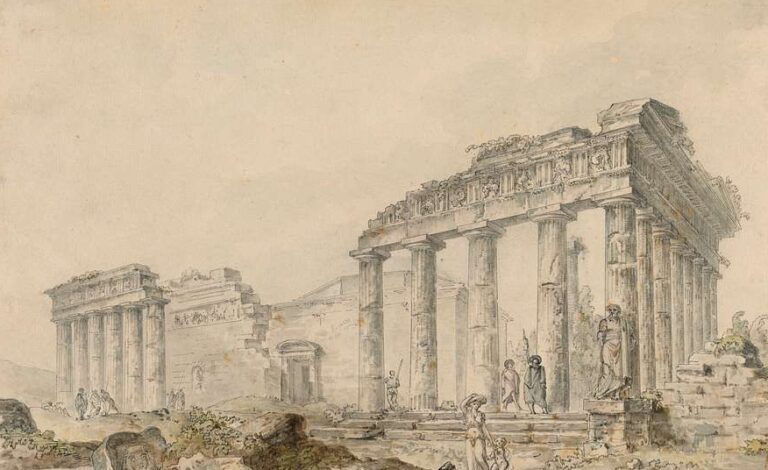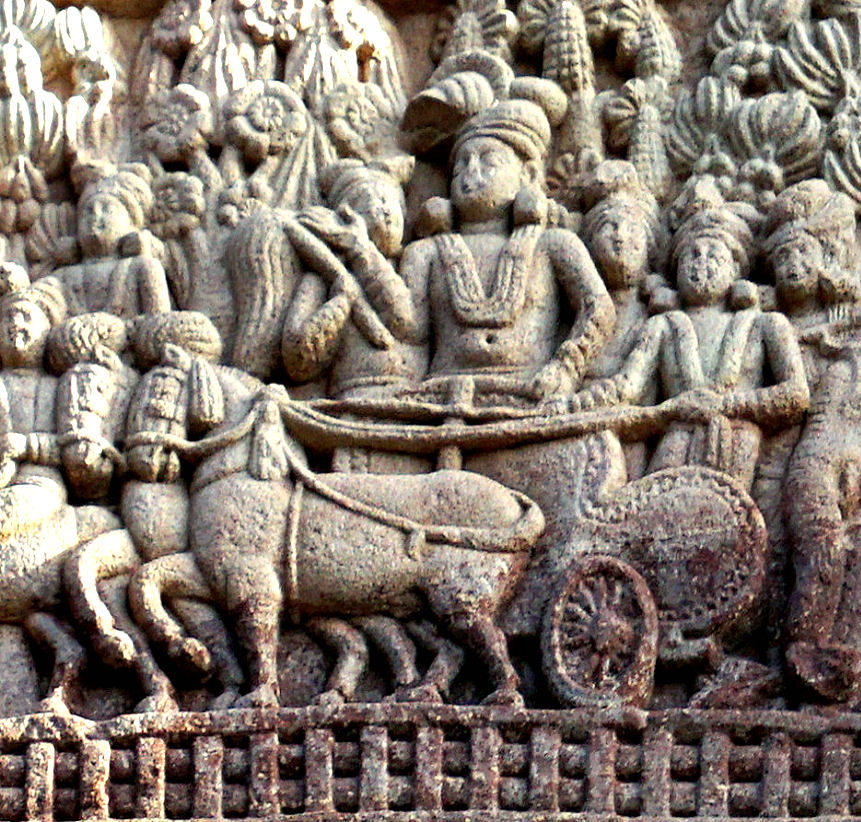
Ashoka the Great (r. 268–232 BCE) was not just another powerful emperor—he was a ruler who transformed from a ruthless conqueror into a champion of peace and morality. As the third emperor of the Maurya Dynasty, he expanded his empire across almost the entire Indian subcontinent. However, what truly makes Ashoka extraordinary is his dramatic shift after the Kalinga War, when he abandoned violence and adopted Buddhism as a guiding philosophy for governance. His reign is remembered for moral leadership, religious tolerance, public welfare, and the global spread of Buddhism—a legacy that continues to shape history today. In this article, we will explore the key aspects that made Ashoka such a unique and remarkable ruler, cementing his place as one of history’s greatest leaders.
Expansion of the Mauryan Empire
Ashoka expanded his empire to its greatest territorial extent, making the Maurya Empire one of the largest in Indian history. His conquests extended across nearly the entire Indian subcontinent, including present-day India, Pakistan, Nepal, and Bangladesh, as well as significant parts of Afghanistan and Iran. The empire stretched from the Hindu Kush mountains in the northwest to the Bay of Bengal in the east and from the Himalayas in the north to the southern regions of India, though the far southernmost kingdoms remained independent.
Conversion to Buddhism
After witnessing the immense bloodshed and suffering caused by the Kalinga War, Ashoka underwent a profound transformation. Deeply remorseful for the destruction he had caused, he renounced violence and sought a new path based on compassion and morality. Turning to Buddhism, he made its principles the foundation of his rule. Rather than expanding his empire through military conquest, Ashoka focused on spreading Buddhist values, sending missionaries to Sri Lanka, Southeast Asia, and even as far as the Mediterranean to share the teachings of the Buddha.
Promotion of Dharma (Moral Governance)
Ashoka redefined kingship by making Dharma (righteousness) the foundation of his rule. He introduced policies that emphasized non-violence (ahimsa), compassion, and religious tolerance, ensuring that justice and welfare extended to all his subjects, regardless of class, religion, or background. His Dhamma edicts, inscribed on pillars and rocks across the empire, encouraged ethical behavior, respect among different communities, and social harmony. He also reformed the legal system to promote fairness and leniency, discouraging harsh punishments and advocating for rehabilitation over retribution.
Public Welfare and Infrastructure Development
Ashoka was deeply committed to improving the lives of his people through massive infrastructure projects. He built an extensive network of roads to enhance trade, communication, and administration across his empire. Rest houses and wells were constructed along these roads to provide shelter and water for travelers.
Recognizing the importance of public health, Ashoka established hospitals for both humans and animals, a remarkable initiative for the time. He also promoted irrigation systems to support agriculture, ensuring food security for his subjects.
Religious Tolerance and Cultural Unity
Ashoka’s reign was marked by a remarkable commitment to religious tolerance, which was relatively rare in the ancient world. Despite his personal embrace of Buddhism, Ashoka made it a cornerstone of his rule to respect and support all religions. He issued edicts promoting peaceful coexistence among the various religious communities in his empire, including Hindus, Buddhists, Jains, and others.
The Abolition of the Slave Trade
As part of his commitment to Dhamma (righteousness) and social justice, Ashoka implemented groundbreaking reforms aimed at improving the lives of his people. In the 3rd century BCE, he took the extraordinary step of abolishing the slave trade, a decision far ahead of its time. This move reflected his deep commitment to human dignity and non-violence (ahimsa).
Ashokan Edicts – The First Written Laws of India
One of the most distinctive features of Ashoka’s reign was his Rock and Pillar Edicts, which were inscribed across his vast empire. These inscriptions were a revolutionary form of communication, as they were not only used to declare royal decrees but also to spread messages of peace, morality, and governance. Unlike most royal decrees of the time, these edicts were written in the local languages of the regions they were meant to reach, rather than in the traditional language of Sanskrit. In northern India, the edicts were inscribed in Prakrit, a language spoken by the common people. In the regions of Afghanistan, where Greek influence was prominent, Ashoka had his edicts written in Greek.
His edicts stressed the importance of respecting parents, priests, and monks, as well as supporting the needy, including through charitable acts towards monks. The edicts also prohibited the slaughter of animals, emphasized the humane treatment of prisoners, and ensured that medical care was available to both humans and animals. Ashoka also encouraged the regular movement of monks across his empire to teach the principles of dharma, aiming to spread moral teachings to the general populace.
Direct Engagement with the People
One of Ashoka’s most remarkable qualities was his direct and open engagement with his subjects. Unlike many rulers of his time, who remained distanced from the common people, Ashoka made a concerted effort to interact with them personally. He not only made his presence known but also encouraged his citizens to approach him with any concerns.
Promotion of Learning and Intellectual Development
Ashoka’s commitment to education and the spread of knowledge extended beyond religious teachings; he actively contributed to the growth of intellectual centers. He helped develop viharas—monastic complexes that also served as centers for learning—such as Nalanda and Taxila. These institutions became renowned for their scholarly pursuits and attracted students from all over the ancient world.
Protection of Animals and Advocacy for Compassionate Living
Ashoka’s transformation after the Kalinga War included a deep commitment to the protection of animals. He recognized the cruelty of ritual animal sacrifices, a common practice in religious and royal ceremonies at the time, and took significant steps to stop them. Ashoka himself adopted a vegetarian lifestyle, not only as a personal choice but also as a public example of compassion and respect for living creatures. His concern for animal welfare extended beyond the ban on sacrifices; he ordered the establishment of animal hospitals across his empire and ensured that his policies promoted humane treatment of animals.
…
Cover image: Photo Dharma from Sadao, Thailand, CC BY 2.0 https://creativecommons.org/licenses/by/2.0, via Wikimedia Commons
Related:
History’s Green Guardians: Monarchs and Leaders Who Protected the Planet

